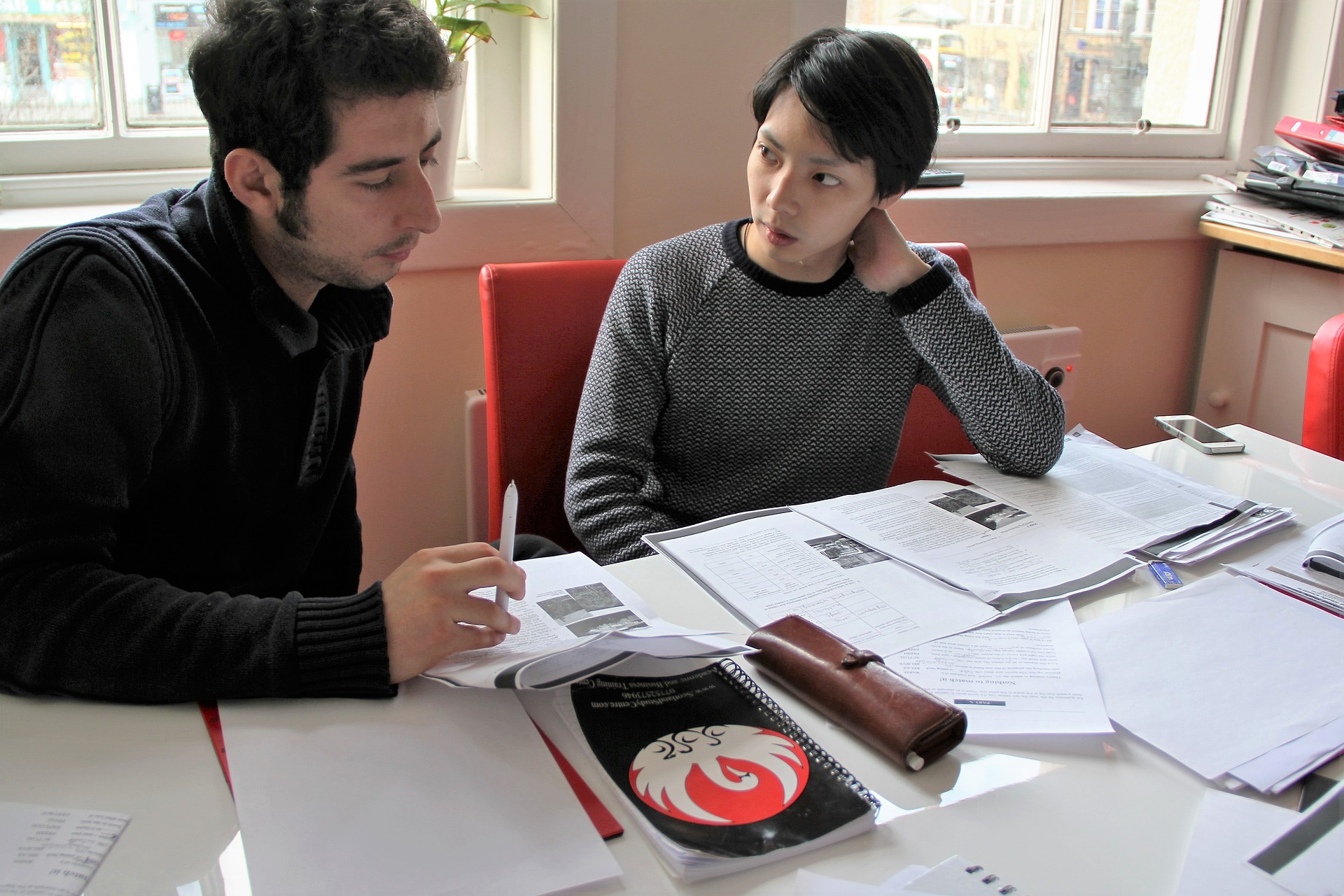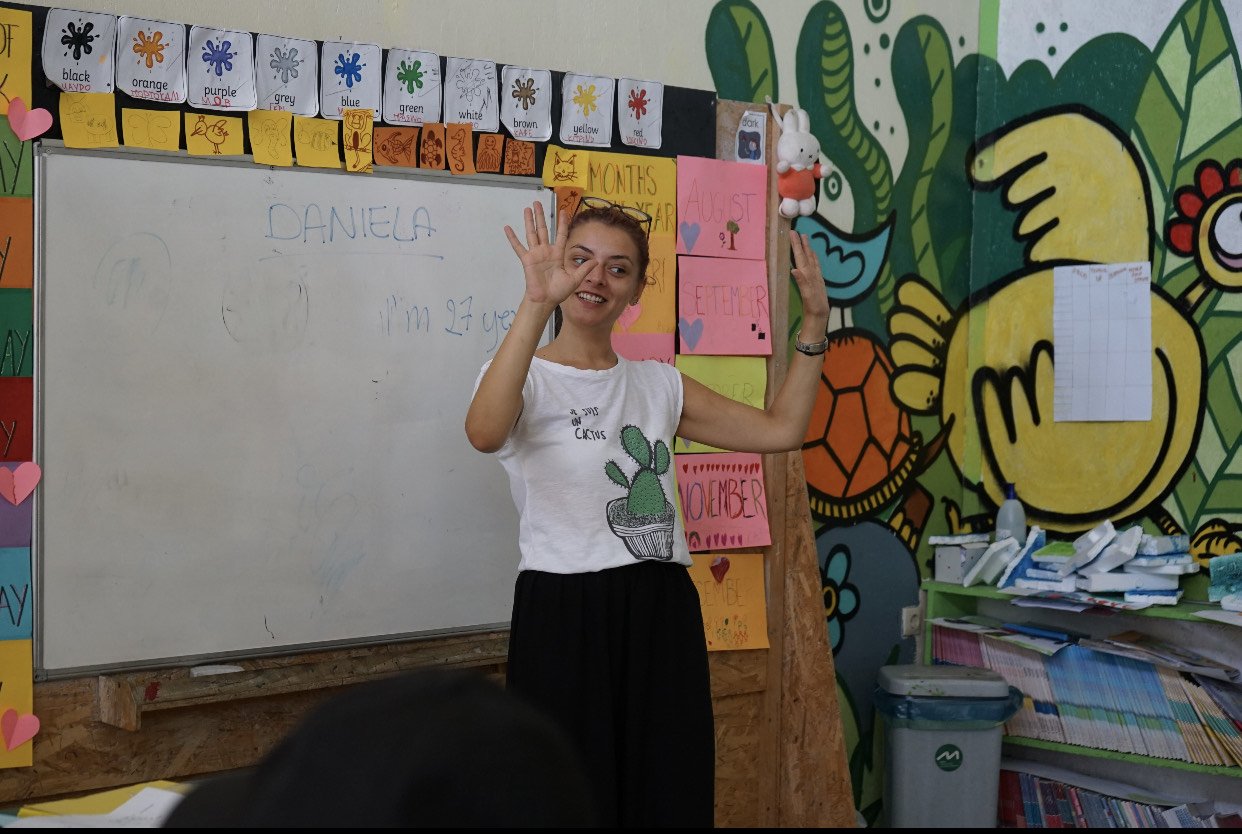For immigrant parents in the United States, lack of English-language proficiency can be a barrier to good jobs, healthcare, education and more. Family-school communication challenges, inadequate educational supports or the lack of quality programs for young, immigrant-background children who are dual language learners may also fuel educational achievement gaps. Social service organizations can support immigrant and refugee families through culturally responsive programs that build on the strengths of the home language while also helping grow English language skills.
What does it take for service organizations to grow home and English language skills with immigrant and refugee families, and what positive results can flow from those efforts? What steps can organizations take to provide accessible and inclusive services to families who speak a language other than English?
You can read this brief on Language Skills and Immigrant and Refugee Families here: https://www.migrationpolicy.org/sites/default/files/publications/CSG-Language-Brief.pdf





